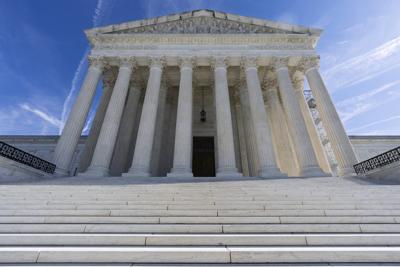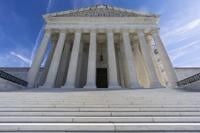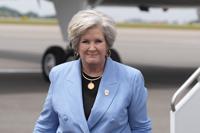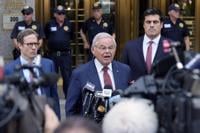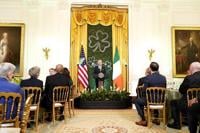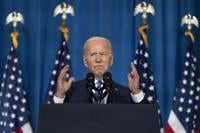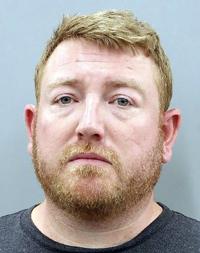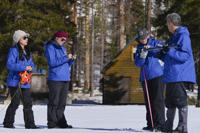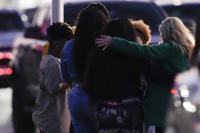WASHINGTON (AP) — The Supreme Court on Friday said it would take up a new religious rights case over whether a Catholic charitable organization must pay Wisconsin's employment tax.
The justices will review a divided state Supreme Court ruling that refused to grant an exemption to the Catholic Charities Bureau, based in Superior, Wisconsin. The state court ruled that the work of Catholic Charities and four related organizations is primarily not religious, although it found that the motivation to help older, disabled and low-income people stems from Catholic teachings.
The case probably will be argued in the spring.
The Supreme Court in recent years has issued an unbroken string of siding with churches and religious plaintiffs in disputes with states.
Lawyers for the Wisconsin groups argued to the court that the decision violates religious freedoms protected by the First Amendment. They also said the court should step in to resolve conflicting rulings by several top state courts on the same issue.
“Wisconsin is trying to make sure no good deed goes unpunished. Penalizing Catholic Charities for serving Catholics and non-Catholics alike is ridiculous and wrong," Eric Rassbach, the lead lawyer for Catholic Charities at the Supreme Court, said in a statement.
Wisconsin Attorney General Joshua Kaul had urged the high court to stay out of the case, arguing that much of the groups' funding comes from state and local governments, and the joint federal and state Medicaid program.
Employees don't have to be Catholic and “people receiving services from these organizations receive no religious training or orientation,” Kaul wrote.
Catholic Charities has paid the unemployment tax since 1972, he wrote.
Wisconsin exempts church-controlled organizations from the tax if they are "operated primarily for religious purposes.” The state high court ruled that both the motivations and the activities have to be religious for organizations to avoid paying the tax.
A group of religious scholars, backing Catholic Charities, told the court that “the case involves governmental interference with religious liberty” that warrants the justices' intervention.
Catholic, Islamic, Lutheran, Jewish and Mormon organizations also filed briefs in support of Catholic Charities.
At the state Supreme Court, the Freedom from Religion Foundation argued that a ruling for Catholic Charities would extend to religiously affiliated hospitals and some colleges across Wisconsin, potentially taking their employees out of the state unemployment insurance system.
Catholic Charities in Superior manages nonprofit organizations that run more than 60 programs designed to help older or disabled people, children with special needs, low-income families, and people suffering from disasters, regardless of their religion, according to court documents.

